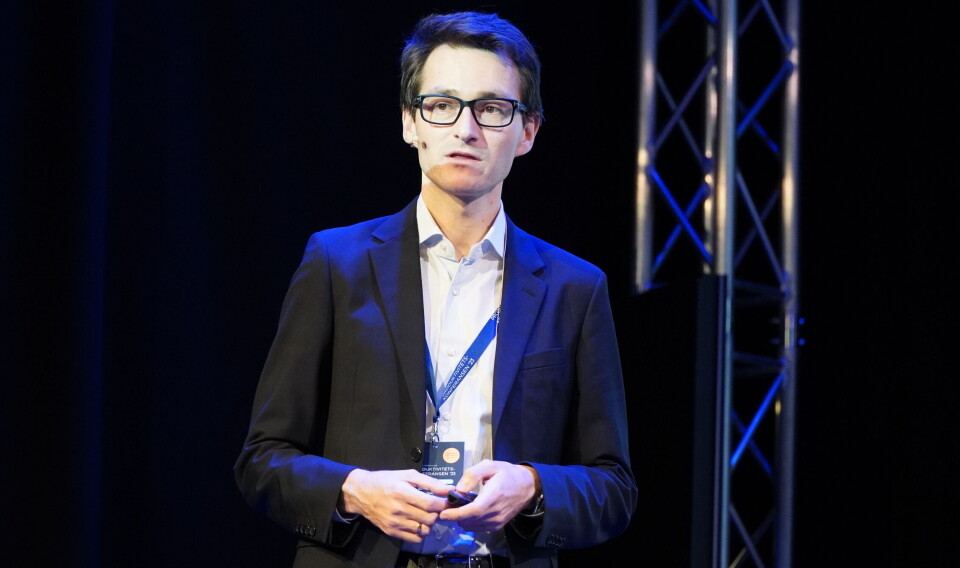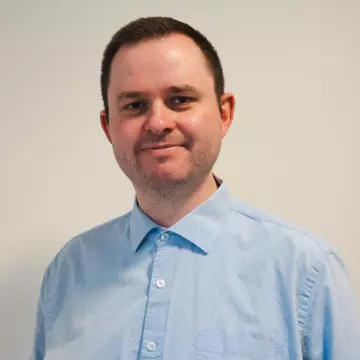
We don't believe land-based farming is feasible in British Columbia
Investment bank Carnegie also says that transition to closed facilities in the sea will cost hundreds of millions of dollars
Yesterday the Canadian government announced that it will end traditional farming in open cages in British Columbia by 2029, but will allow land-based and floating closed containment farms.
The three major sea farmers in BC – Grieg Seafood, Mowi, and Cermaq – are all headquartered in Norway. Grieg Seafood last night announced that it will stop all investments, while Mowi has said that it will take time to assess the alternatives. Cermaq is also far from satisfied and says they will consider the next step.
“Although we see land-based farming in BC as unfeasible, closed facilities may provide some operational advantages given the environmental risks in the sea in BC, although the technology is not yet fully commercialised and the capital costs will be significant,” commented Carnegie analyst Philip Scrase today.
High cost
For Grieg Seafood (GSF), Carnegie estimates potential capital costs (capex) of around NOK 1 billion (CAD 130 million / £75m), which Scrase believes is necessary for the transition to closed facilities in the sea. Operating costs (opex) may also be higher.
“This will be added to an already stressed balance sheet and heavy capital costs to build up the business in Newfoundland. The capital costs will probably be similar for Mowi,” the Carnegie analyst stated.
Carnegie believes that the transition from conventional farming in five years’ time creates uncertainty about the feasibility of salmon farming in the region, and sees discontinuation from 2029 as a real possibility, but not a given, as it believes closed facilities may be feasible.
























































